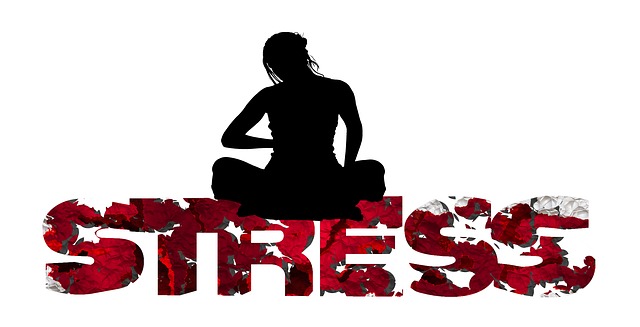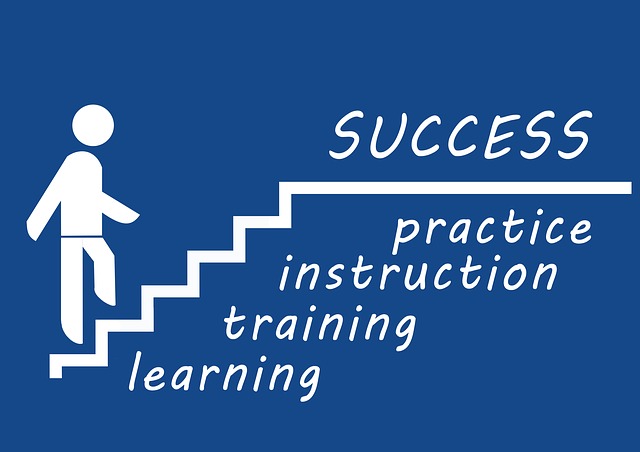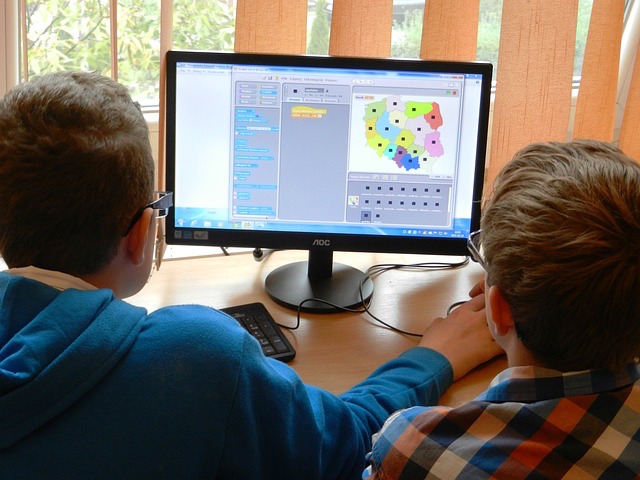Lecture (Level 3) – Tiny satellites show us the earth as it changes in near-real-time

by Will Marshall
a space scientist and cofounder of Planet Labs, an American earth imaging private company based in San Francisco. He was a scientist at NASA Ames Research Center where he helped to formulate the Small Spacecraft Office.
First preview the vocabulary below. Then do the exercise by first reading a single question and then listening for the answer. When you hear the answer, pause the video and answer the question. Then read the next question and do the same thing. If you get the answer wrong, then go back to where the answer is given and listen again.
Your Score:
Your Ranking:
Vocabulary:
iconic: famous, well-known
galvanized: made people excited
fragile: easily broken or destroyed
static: not moving, still
scalable: able to increase production
ultra: very very
resolution: quality of the image
humanitarian: helping people
mission: reason, goal
launched: put into space
capability: ability to do lots of things
bonded: held together
democratizing: making democratic
founders: people who create a company
passionate: serious and excited
glints: shines brightly for a moment
data set: amount of information
rotates: spins, turns
scan: take a picture of
crop yield: amount of food grown
deforestation: cutting down forests
universal access: ability for everyone to get








